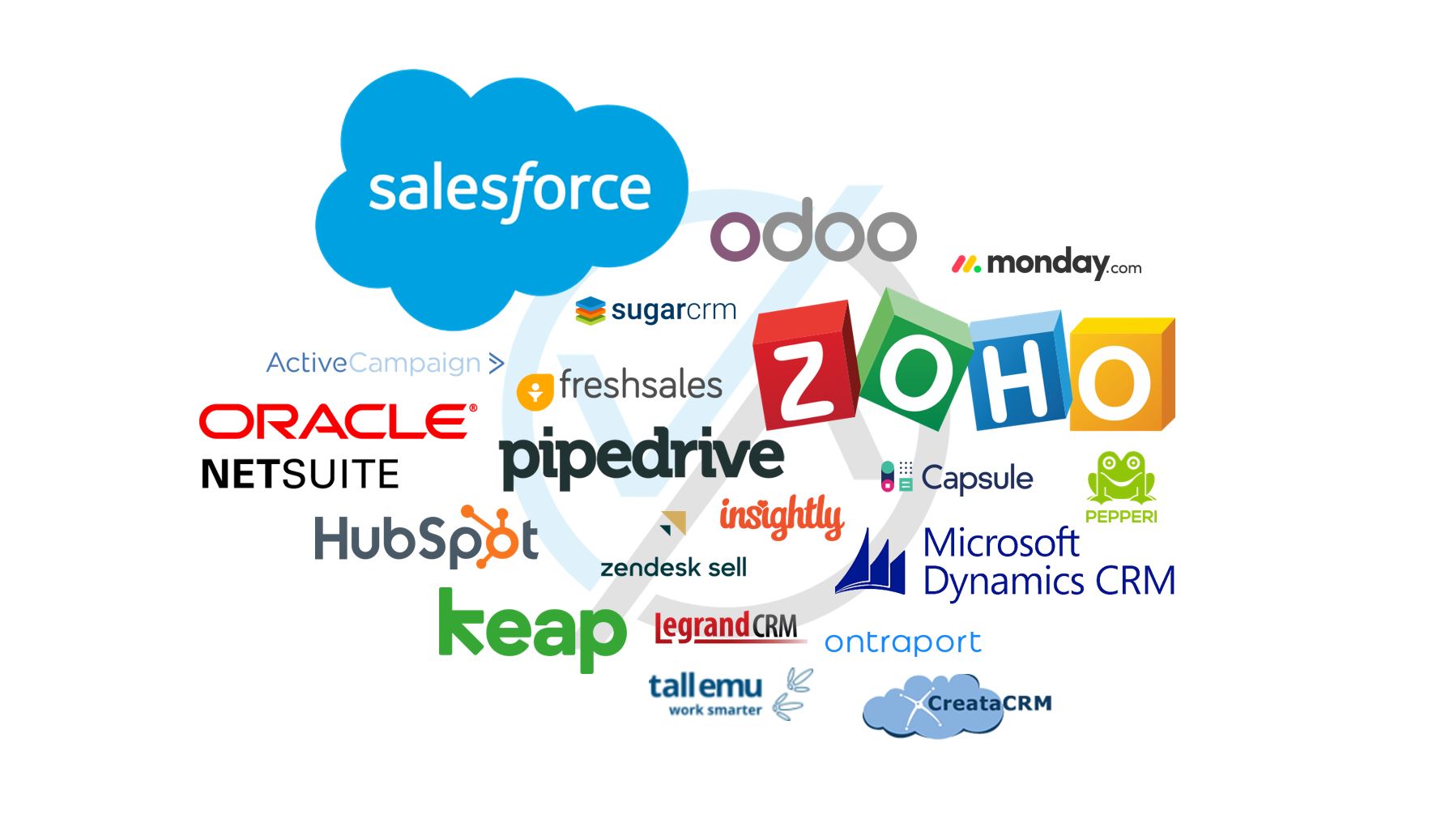Crossing the Divide: The Way CRM Tools Boosts Interactions between Clients
Within today's fast-paced corporate environment, building and nurturing strong relationships with clients is more crucial than ever. While organizations strive to improve their client interactions, numerous are turning to CRM software to facilitate better communication and streamline processes. Such technology doesn't only provide a single system for storing client information but also equips organizations with the tools necessary to cultivate lasting relationships and improve overall client satisfaction.
CRM software offers various benefits that can significantly enhance how companies engage with their customers. By streamlining routine tasks to offering important insights through data analysis, these tools empower companies to gain deeper insights into their customers' needs and preferences. By closing the divide between companies and clients, CRM software transforms communication from mere transactions into meaningful interactions, ultimately leading to enhanced loyalty and higher retention rates.
Significance of Clientele Correspondence
Effective communication with customers is crucial for establishing robust relationships and encouraging loyalty. As clientele feel understood and acknowledged, they are much more likely to remain involved with a company. Consistent communication helps to build trust, which is a fundamental aspect of any thriving client relationship. With repeatedly reaching out and addressing client needs, organizations can set themselves apart from contenders and create a positive impression that promotes long-term partnerships.
Additionally, clear communication allows for better understanding of clientele expectations and preferences. If clientele communicate their needs, companies can adjust their offerings to meet those needs, leading to greater satisfaction. CRM software supports this process by collecting and structuring clientele interactions, allowing organizations to log preferences and feedback. crm system -driven approach enables more personalized communication, which can greatly improve the clientele experience.
Furthermore, effective communication can lead to proactive problem resolution. If organizations maintain open channels for dialogue, they can quickly identify and resolve issues as they arise. CRM software plays a crucial role in this respect by providing tools for observing customer interactions and sentiment. Through responsive and attentive to client concerns, organizations can turn potential issues into opportunities for growth, reinforcing their commitment to customer success and strengthening relationships over time.
Key Features of CRM Software
Customer Relationship Management software offers a range of key features that enhance its usability and effectiveness in handling client relationships. One of the most valuable features is contact management, which permits businesses to store detailed information about clients, including their contact information, interactions, and preferences. This unified database makes it convenient for team members to access vital client information, enabling personalized communication and improved service.
Another significant feature is task and project management, which helps teams stay organized and focused with their communications and follow-ups. CRM software can facilitate task assignments and reminders, guaranteeing that no important client interactions are missed. This functionality promotes responsibility among team members and optimizes processes, ultimately enhancing client satisfaction.
Finally, CRM software often features reporting and analytics tools that provide important insights into client behavior and sales trends. By tracking metrics such as customer engagement, response times, and sales performance, businesses can make data-driven decisions and adjust their strategies to better meet client needs. These analytics help organizations identify areas for improvement and develop tailored marketing campaigns, strengthening stronger relationships with clients.
Effect on Business Connections
CRM software plays a vital role in fostering stronger business relationships. By centralizing client information, it enables businesses to gain a deeper understanding of their clients' needs and preferences. This tailored approach permits companies to engage with their customers in a richer way, ultimately fostering trust and loyalty. When clients feel appreciated, the likelihood of return transactions increases significantly.
Furthermore, strong communication supported by CRM systems enhances cooperation among departments. With shared access to client data, sales, and service departments can work together collaboratively. This collaboration ensures that all interactions with clients are consistent and informative. As a result, any problems or complaints can be addressed swiftly, leading to higher levels of customer satisfaction and retention.

Finally, the analytical features of Customer Relationship Management software help companies identify patterns and opportunities for growth in their connections with customers. By utilizing analytics metrics and performance indicators, companies can make informed decisions about how to enhance their services and tailor their approach. This proactive stance not only boosts current relationships but also sets the groundwork for long-term partnerships, preparing the business for continued achievement in a competitive landscape.